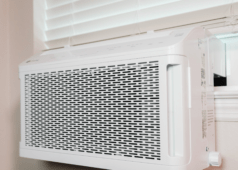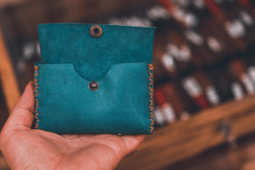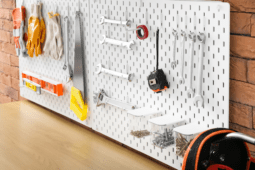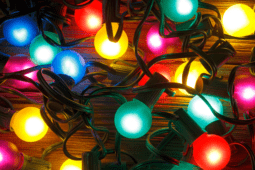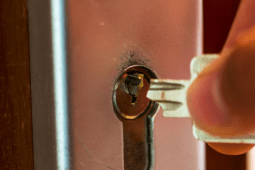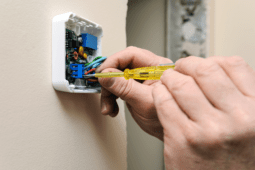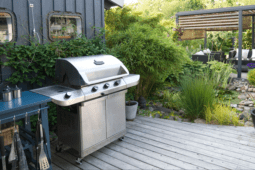ManMade Essential Toolbox: You Should Own a Pair of Calipers
Each week in 2015, ManMade is sharing our picks for the essential tools we think every creative guy and DIYer needs. We’ve selected useful, long-lasting tools to help you accomplish a variety of projects, solve problems, and live a hands on lifestyle that allows you to interact with and make the things you use every day.

For the first entry into the ManMade Essential Toolbox, a set of calipers might seem like an unusual choice. They don’t really cut anything, attach anything, fix anything, make holes, repair holes, or help with design or layout. But! Of course there’s a but, and the but is this: there is not a single tool that we use on a bigger variety of projects, tasks, fix-it projects, or creative work than this pair of fractional dial calipers. We mean, like, more than a hammer. Measure twice, cut once, and then keep measuring and measuring.

Need to measure that random bolt you bought for another project? Use your calipers. Need to check the thickness of wood, a piece of leather, or even that steak you’re about to season and throw on the grill? Use your calipers. Need to measure the inside diameter of some open space that you need to fill, fix, or buy the right replacement part? You get where this is going.
While there are many styles and purposes, calipers are, at their most basic, a means to measure two opposite sides of an object, whether around its perimeter, or inside its hollow interior. They’re used in engineering, metalworking, science, medicine, woodworking, sculpture, ecological and forestry work, and even to determine body fat percentage.

For the DIYer and thing maker (at least in the US), we recommend starting with a pair of “fractional dial calipers.” Fractional meaning they measure in 16r graduations (1/8, 1/16, 1/32, 1/64) and dial meaning doing so with a needle and round dial, rather than a linear scale.
Other styles to consider are digital calipers, whose readout can be toggled between standard and metric, such as this recommended set from Neiko. But, this often only read in decimals of inches, rather than fractions; that’s helpful in the laboratory, but in the workshop, where lumber and hardware and drill bits, etc, are mostly measured in fractional inches, its much easier to note 7/16″ and move on the project, rather than calculating .4375. Plus, the battery cost can add up over the years.
Vernier calipers, which employ the Vernier scale for more precise measurements in between graduations, work nicely, but are honestly overkill for most DIY or creative projects. If 1/64″ isn’t accurate enough, then its a project probably best left to precision milling, not the garage.

When selecting calipers, go with the “buy once, buy it for life” approach. Look for all-stainless steel sets, with easy-to-read gradations and both inner and outer jaws, and a sliding depth probe. Get a model that comes in its own molded case for protection and storage, and one with an adjustable bezel so you can set the scale back to absolute zero with use. A knurled thumb roll helps with easy one-hand operation.
These are the set shown in the photos above, but if we buying a new pair of dial calipers, we’d go with this set from ShopFox: they’re reasonably priced for the quality, and feature both a fractional scale for woodworking and a decimal scale for metal work. They’re not as precise as a high end model, but if you’re getting your first pair, they might be the best $35 you can spend.
Those looking for the next level should check out the Starrett 1200 series. They’re more than double the price, but a true pleasure to use.
ManMade recommended:
Shop Fox D3208 Fractional Dial Caliper – $31.67

